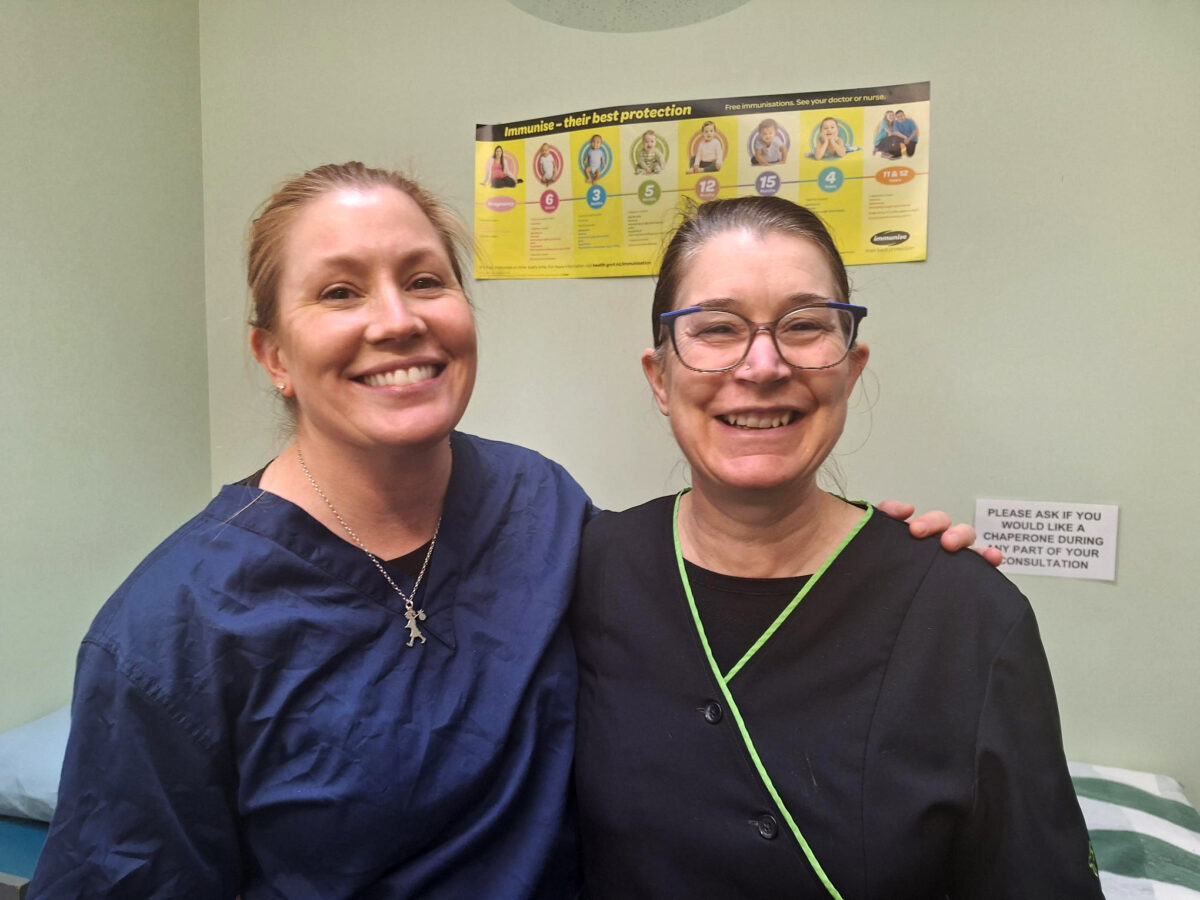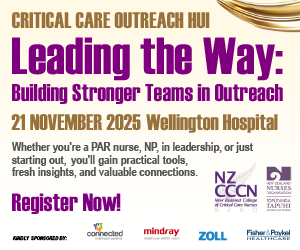Lower Hutt practice nurse Deb May said nurses had a responsibility to “lead the way” and vote, as they were often looked to for guidance in the community.
“As nurses, we should vote because we are looked up to by others,” she told Kaitiaki Nursing New Zealand. “People do ask us if we have voted,” she said, in the same way they ask advice about COVID vaccinations and things like smear tests.
‘As a woman, I feel it’s really important to vote. I told my daughters how important it was, how hard we had fought for the right to vote.’
New Zealand was also the first country in the world to give the vote to women, which made her “really proud” to vote as part of a female-dominated profession — and along with her three daughters.
“As a woman, I feel it’s really important to vote. I told my daughters how important it was, how hard we had fought for the right to vote.”
‘Much at stake’
Another Lower Hutt practice nurse, Ali Lidgard, said there was so much at stake in this election, it was crucial nurses voted.
“Our voices matter — if we don’t vote, everyone will think everything is fine,” Lidgard said. The reality was that the health system was desperately understaffed and pay parity badly needed, to ensure all nurses were on the same salary scale, no matter where they worked.
May said she was deeply concerned about the racist rhetoric seen over the election campaign. “As nurses, we need to vote against that. This time, it feels paramount.”
‘We look at the big picture — we are not individualistic. We vote thinking what is going to be good for our community.’
She also believed nurses had a duty to support vulnerable patients who might find it difficult to vote — the elderly, or people with disabilities or Alzheimers. “There are a lot of channels to help them, we can point them to.”
Nurses “tend to see the whole of society in our work”, May said.
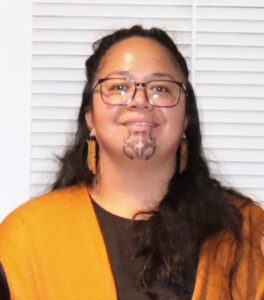
“We look at the big picture — we are not individualistic. We vote thinking what is going to be good for our community.”
Whakatāne nursing student Stacey Wharewera (Ngāti Awa, Te Whānau-ā-Apanui) said it was about having a voice.
“We’re up and coming nurses. It’s to have a voice, really — there is a hell of a lot at stake,” said Wharewera, chair of Te Rūnanga Tauira, NZNO’s Māori student body.
As Māori, Wharewera said: “We need to have a voice — we’ve had our voices heard [as nurses]. If we continue the wha whai [fight], then we’ll still continue to be heard.”
Younger generation will have their say
Whakatāne nursing student Shannyn Bristowe (Ngāti Porou, Ngāpuhi) said it was “definitely” important for student nurses and the younger generation to be voting. “It is for us to have a say when it comes to our future.”
‘The inequity will grow — there’s quite a lot at stake here.’
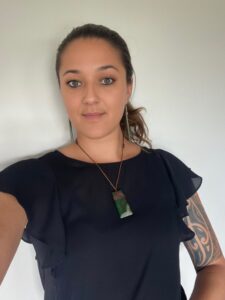
Her student nurse peers had been “very engaged” via social media in the election, party policies and preparing to get out and vote on October 14.
The choice was stark, said Bristowe, who co-leads NZNO’s students with Wharewera.
“You’ve got a party that is assisting in health-care at the moment and making some positive changes and positive groundwork. Then you have a party that is going to take it all away.
“At the end of the day, we want a party that’s going to support us and grow our nursing community and our health-care system.”
“The inequity will grow — there’s quite a lot at stake here.”
Care and support workers
Tairāwhiti health-care assistant (HCA) Barbara Lloyd (Te Atiawa, Te Aupōuri, Te Rarawa), said older workers like herself had been encouraging the younger ones and internationally-qualified nurses (IQNs) in her aged care facility to get out and vote.
Pay and conditions for care and support workers — who recently missed out on a pay equity settlement — particularly in aged care, were key factors in her voting, said Lloyd, 68.
“I do feel for the way we’ve been treated as HCAs, and we work just as bloody hard as a nurse does.”
‘Every political year, we always see Māori being chucked under the bus, and this is no exception.’
HCAs were a “jack of all trades”, she said. “We do cleaning at night, we do porridge for the mornings at 4am, I’m in the laundry for two to three of the eight hours.”
Aged care in particular was struggling. “We’re just worked off our feet — it’s all come back down on us.”
Internationally-qualified nurses
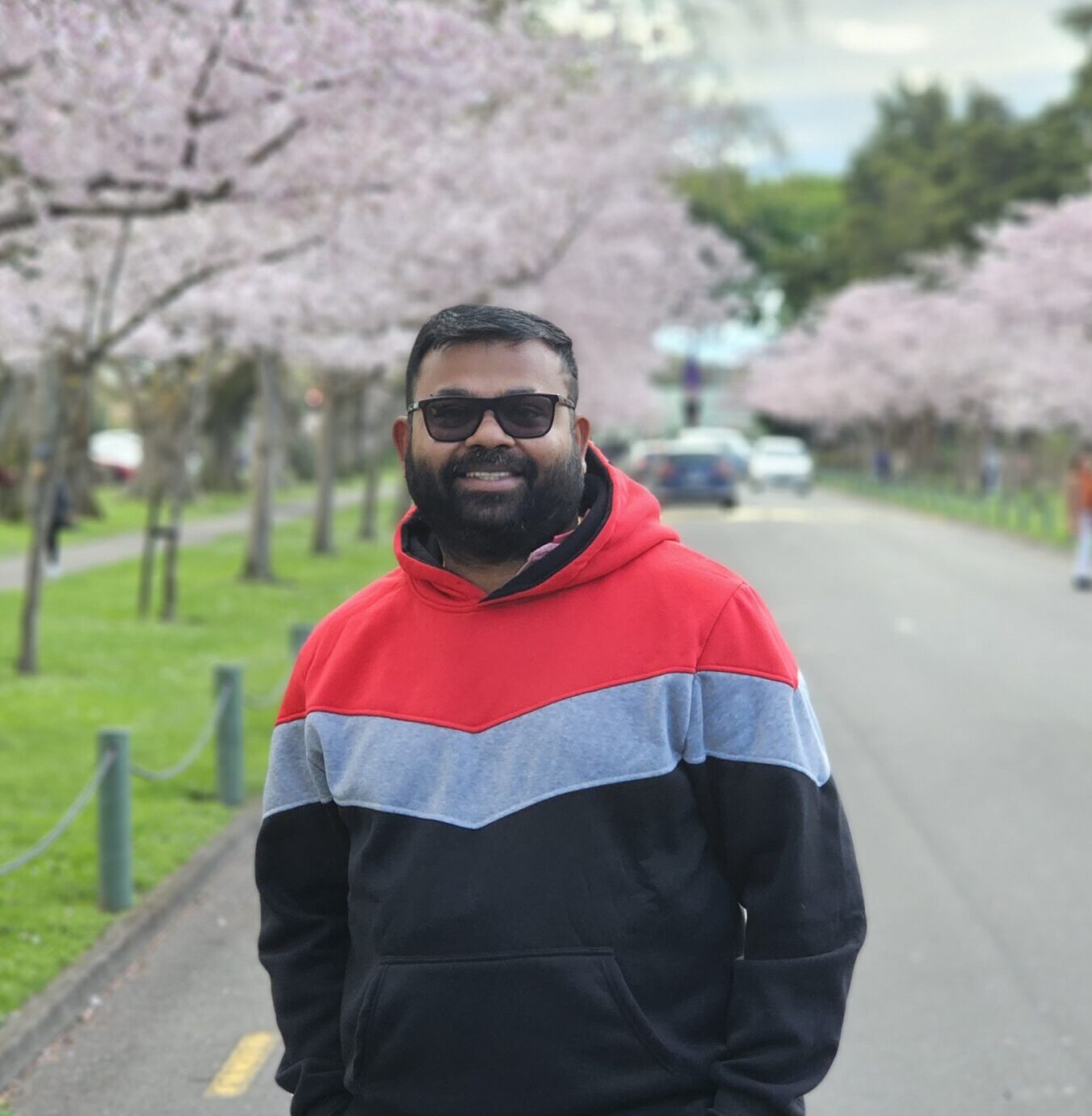
Manawatū community mental health nurse Nithin Sreehari, who came here from India 11 years ago, said it was important for migrant nurses to have a voice.
“It’s very important for people to come out and voice their concerns . . . and vote for the best outcome for our nursing workforce.”
The IQN workforce faced its own challenges settling into Aotearoa and needed more support.
Tōpūtanga Tapuhi Kaitiaki o Aotearoa — NZNO kaiwhakahaere Kerri Nuku said this year’s campaign had been “particularly brutal” for Māori.
“Every political year, we always see Māori being chucked under the bus, and this is no exception.”
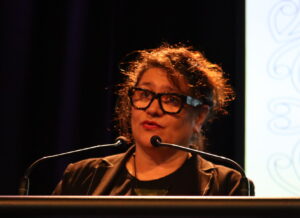
Attacks on an iwi-partnership approach, created by the health reforms in response to a system that perpetuated inequities, “just seems to be another attack on Māori and Māori tino rangatiratanga”.
More than ever, it was important for nurses to make a “conscious vote for health”.
“We have to make sure we cast our votes and look at what the future [holds] and how responsive governments will be in the future.”
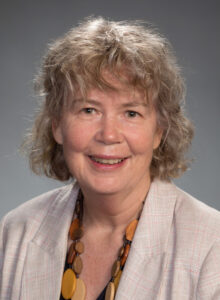
NZNO president Anne Daniels, too, urged people to “vote health”.
“We need to be voting people into power now who will set the groundwork for finding 4000 more nurses in a hurry, who will reduce costs and restore health justice by finding and employing more Māori and Pasifika nurses and who have the foresight to see that funding health properly now will save the system money and resources in the long run.”
See also NZNO’s political scorecard where nurses assess parties’ health policies.
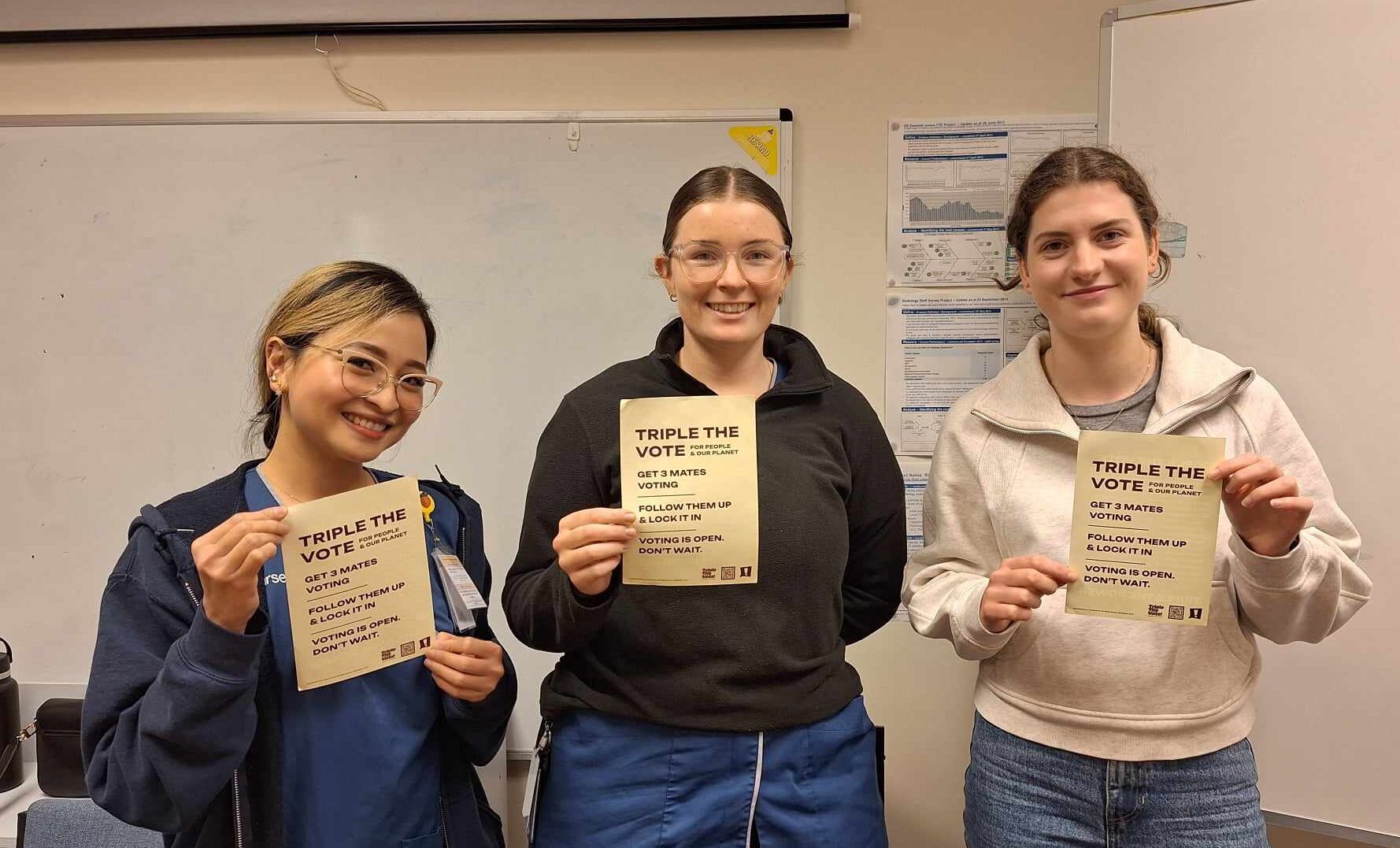
— Authorised by Paul Goulter, The New Zealand Nurses Organisation Incorporated, Level 3, 57 Willis Street, Wellington 6011.



